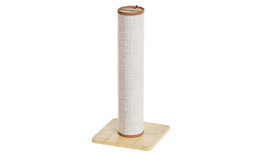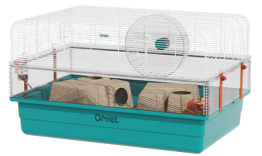How can we help?

Inquisitive minds think alike, which is why we've dedicated a page to guide you through your Omlet journey. From order inquiries and assembly instructions to expert pet advice and all other questions, we've got the answers - no matter the musing. For faster help, login to your Omlet account.
Order support
Where's my order?
Return an item
Cancel my order
Pay for an order
Download invoice
Delay delivery
Change order delivery address
Product support, spares and manuals
Select your Omlet products to download instruction manuals, watch guided how-to-build videos, and order spare parts.





























